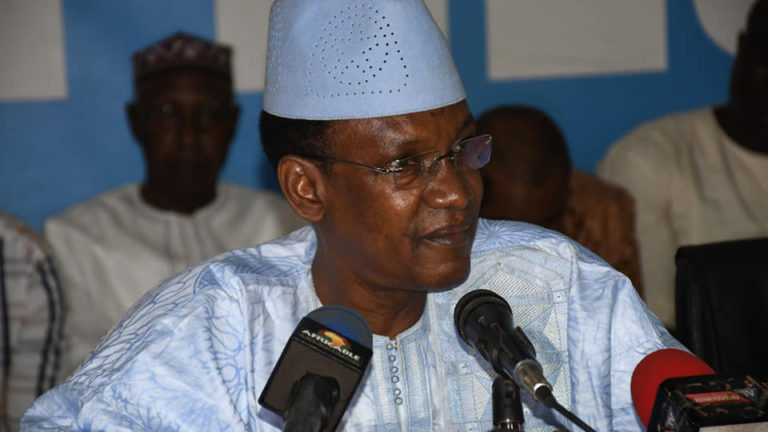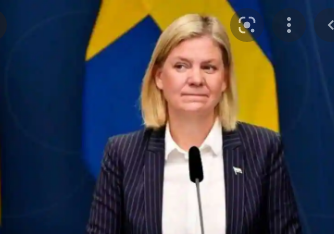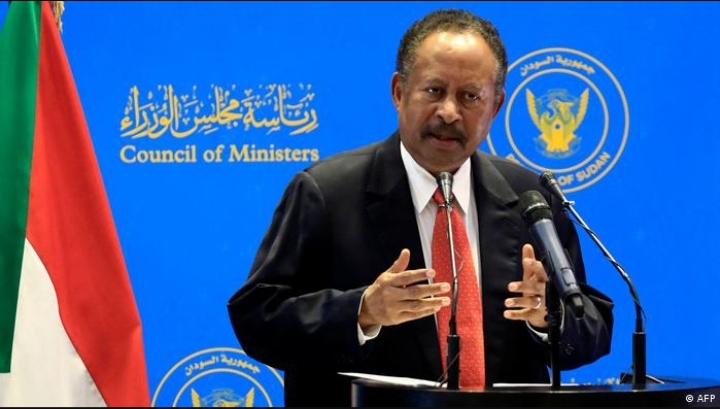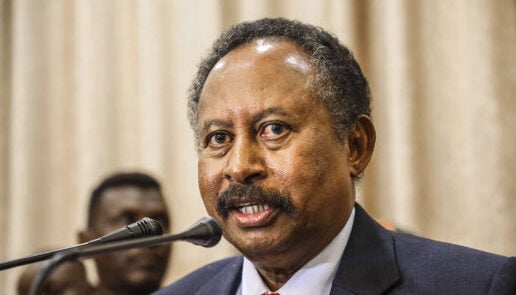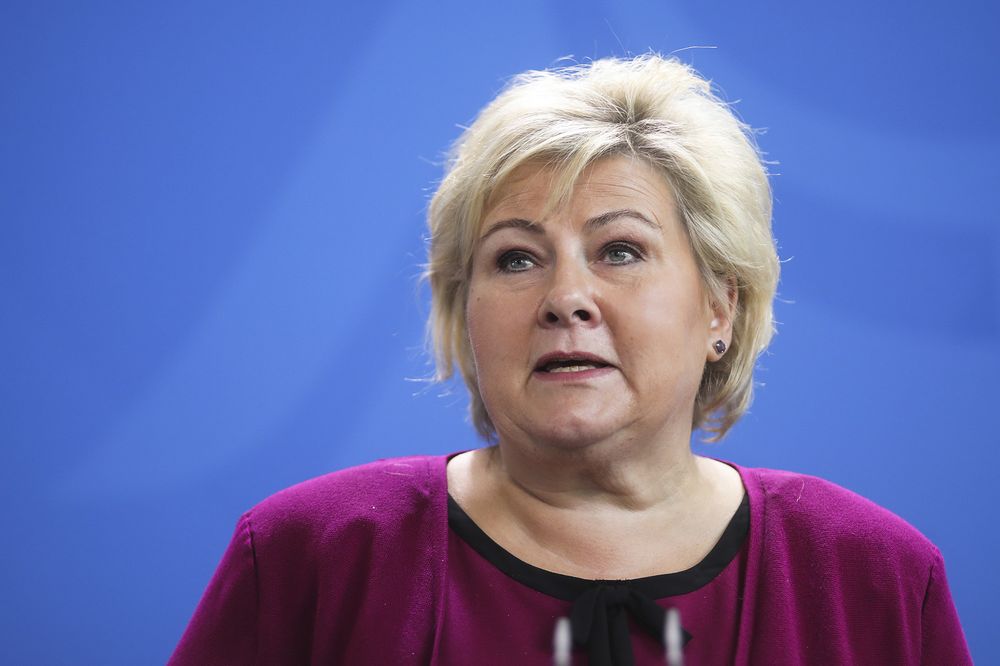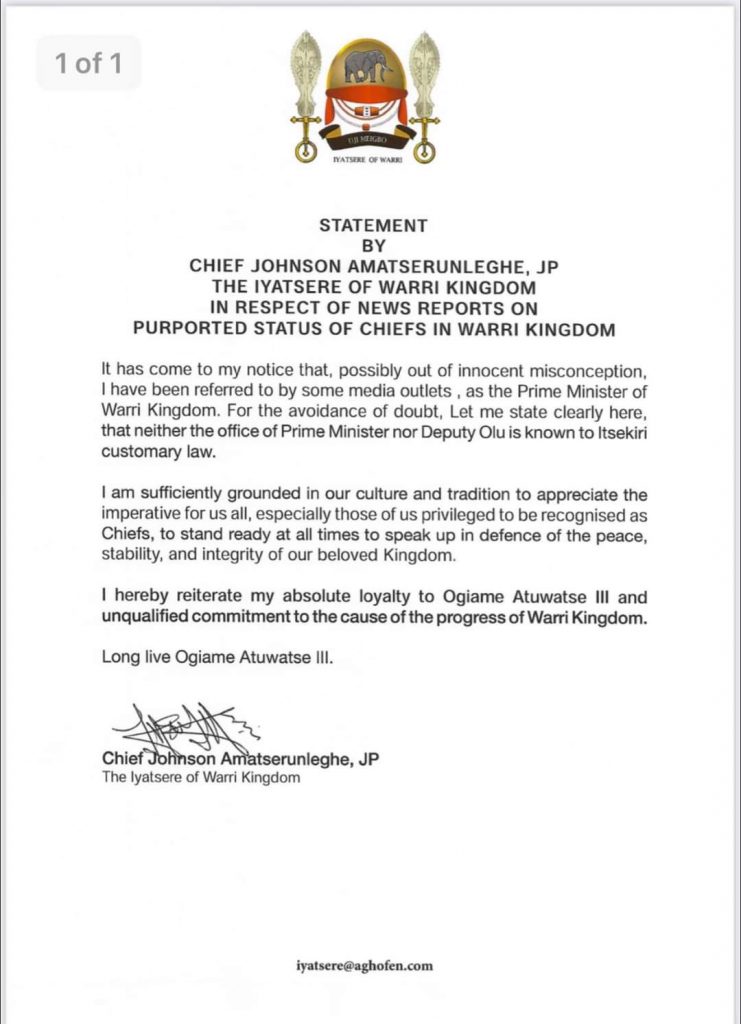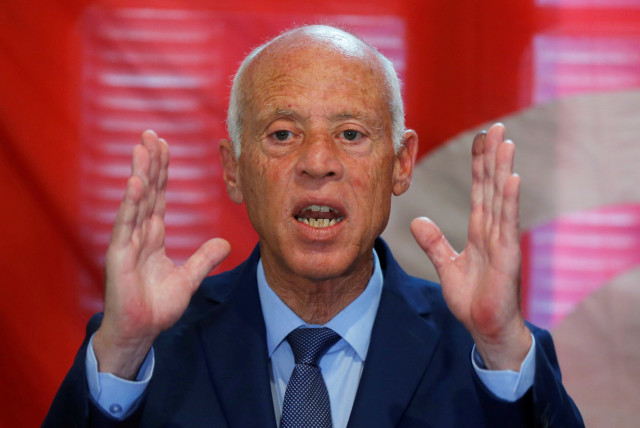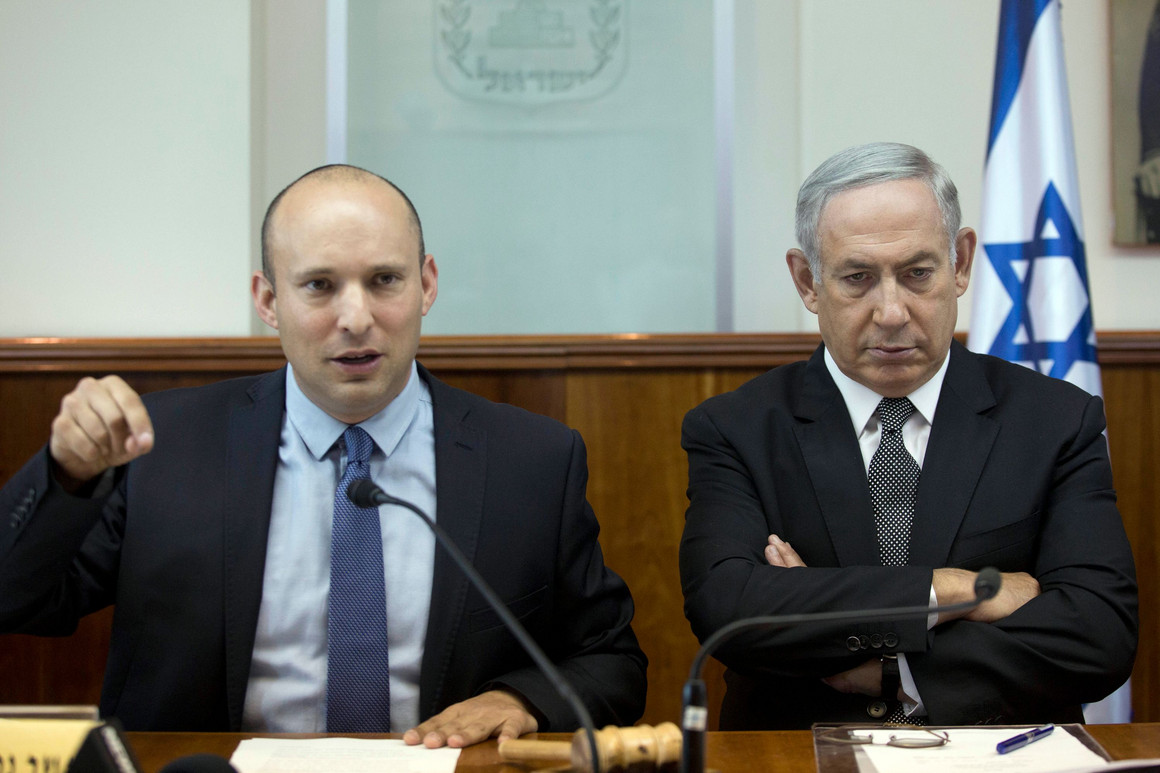Benjamin Netanyahu’s record 12-year run as Israel’s prime minister ended on Sunday with parliament approving a new “government of change” led by nationalist Naftali Bennett, an improbable scenario few Israelis once could have imagined.
But the razor-thin 60-59 vote of confidence in a coalition of left-wing, centrist, right-wing and Arab parties with little in common except a desire to unseat Netanyahu, only underscored its likely fragility.
In Tel Aviv, thousands turned out to welcome the result, after four inconclusive elections in two years.
“I am here celebrating the end of an era in Israel,” said Erez Biezuner in Rabin Square. “We want them to succeed and to unite us again,” he added, as flag-waving supporters of the new government sang and danced around him.
But a combative Netanyahu, 71,said he would be back sooner than expected. “If we are destined to go into the opposition, we will do so with our heads held high until we can topple it,” he told parliament before Bennett was sworn in.
According to Reuters, the new government largely plans to avoid sweeping moves on hot-button international issues such as policy toward the Palestinians, and to focus instead on domestic reforms.
Palestinians were unmoved by the change of administration, predicting that Bennett, a former defence chief who advocates annexing parts of the occupied West Bank, would pursue the same right-wing agenda as Likud party leader Netanyahu.
Under the coalition deal, Bennett, a 49-year-old Orthodox Jew and high-tech millionaire, will be replaced as prime minister in 2023 by centrist Yair Lapid, 57, a popular former television host.
With his far-right Yamina party winning only six of parliament’s 120 seats in the last election, Bennett’s ascension to the premiership was a political jaw-dropper.
Interrupted by non-stop shouts of “liar” and “shame” from Netanyahu loyalists in parliament, Bennett thanked the former prime minister for his “lengthy and achievement-filled service.”
But little love has been lost between the two men: Bennett once served as Netanyahu’s chief of staff and had a rocky relationship with him as defence minister. Although they are both right-wingers, Bennett spurned Netanyahu’s call after the March 23 election to join him.
President Biden congratulates new PM
U.S. President Joe Biden congratulated Bennett andLapid, saying he looked forward to strengthening the “close and enduring” relationship between the two countries.
“My administration is fully committed to working with the new Israeli government to advance security, stability, and peace for Israelis, Palestinians, and people throughout the broader region,” Biden said in a statement.
Netanyahu – widely known as ‘Bibi’ – was Israel’s longest-serving leader, serving as prime minister since 2009 after a first term from 1996 to 1999.
The most dominant Israeli politician of his generation, he had become the face of Israel on the international stage, with his polished English and booming baritone voice.
He used his global stature to resist calls for Palestinian statehood, describing it as a danger to Israel’s security. Instead, he sought to bypass the Palestinian issue by forging diplomatic deals with regional Arab states, on the back of shared fears of Iran.
But he was a divisive figure at home and abroad, weakened by repeated failure to clinch a decisive election victory, and by an ongoing corruption trial in which he has denied any wrongdoing.
His opponents have long reviled what they see as Netanyahu’s divisive rhetoric, underhanded political tactics and subjection of state interests to his own political survival.
He hoped to prevail on the back of Israel’s world-beating COVID-19 vaccination rollout, but was dogged by opponents who called him “Crime Minister” and accused him of earlier mishandling the coronavirus crisis and its economic fallout.
